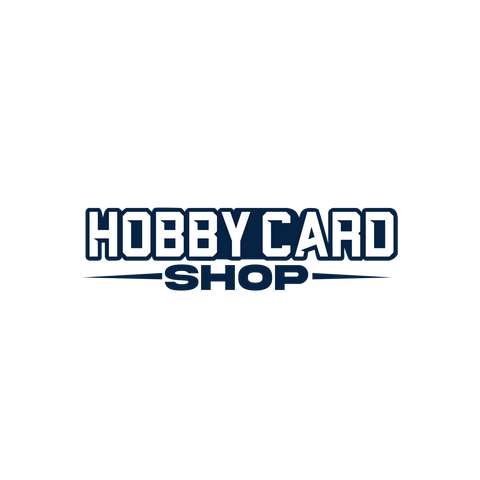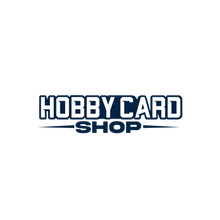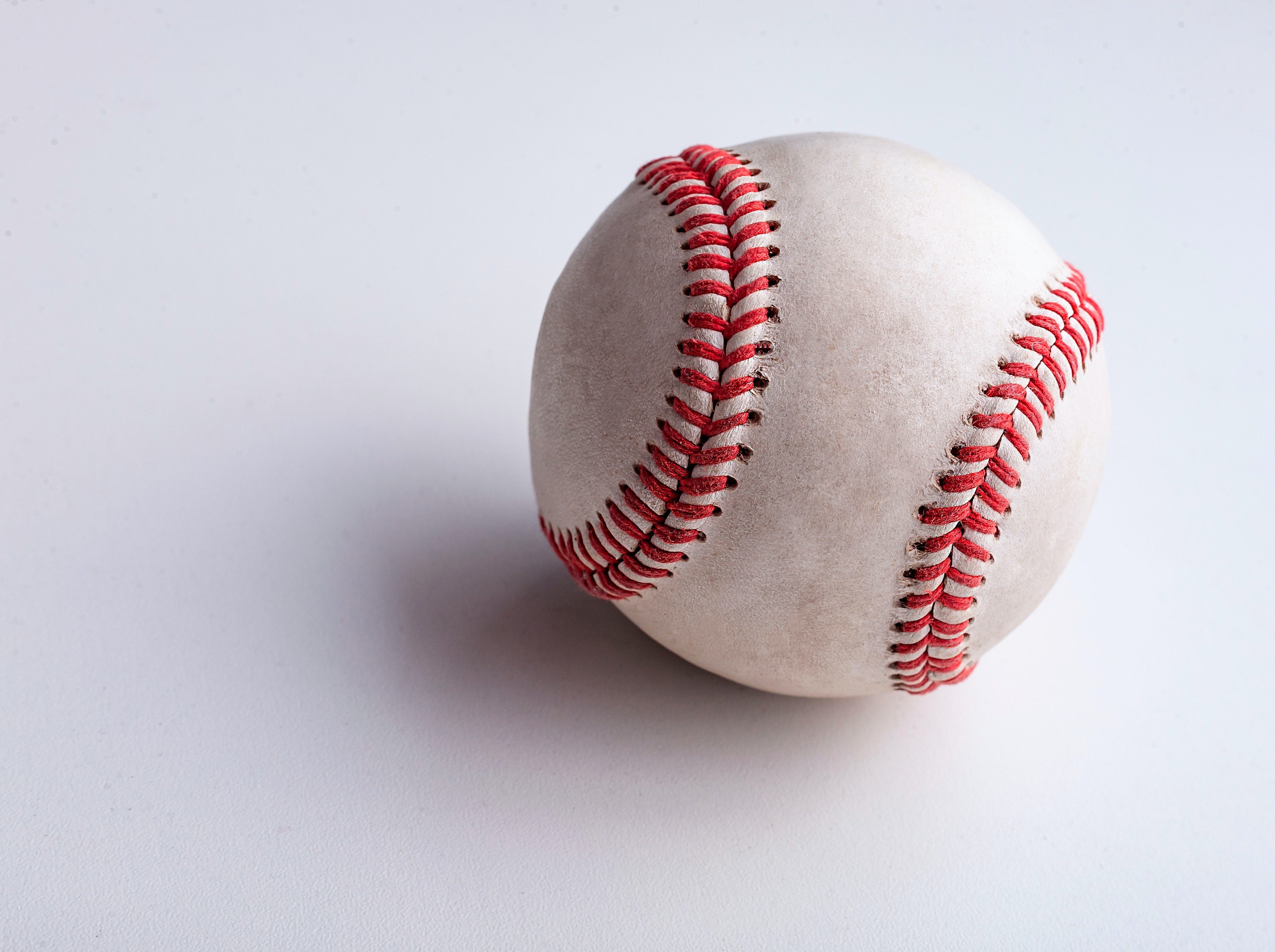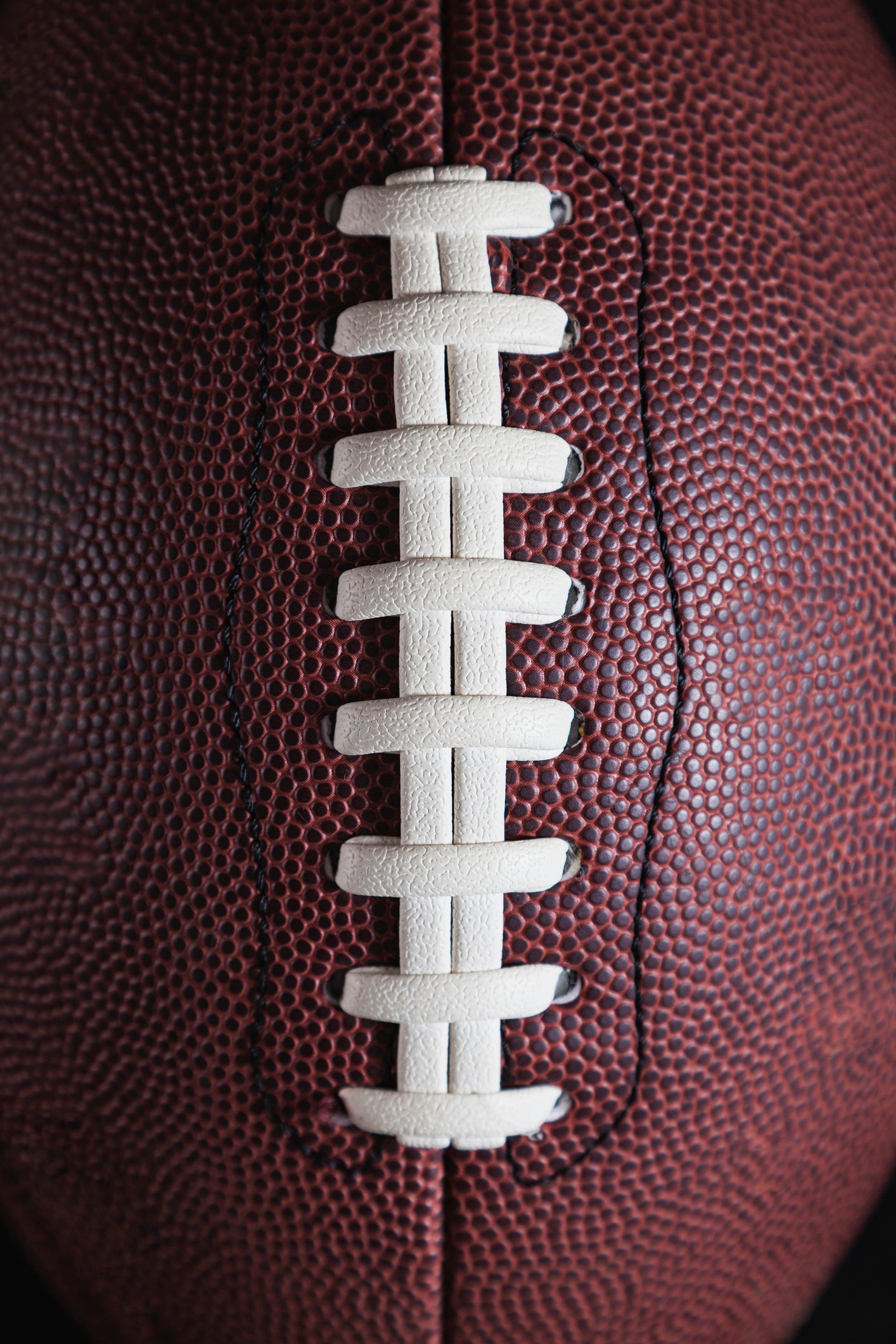Your Guide to Sports Card and other Trading Card Terminology, Abbreviations, and Jargon
As the sports card and collectible trading card industry continues to evolve, with increased interest and advancing technology, so does the language.
Even the most tenured collector may not know all of the insider lingo, terminology, and abbreviations, let alone someone that is new to the hobby.
Stay in the game with our comprehensive list of the latest jargon and where and how you might see them used.
Auto/AU - both are abbreviations for "autograph". You will typically only see "AU" in listing descriptions for cards and "auto" is the commonly used short-hand spoken word for "autograph".
Base - Base Cards are the most common cards in a sports or non-sports product, and they make up the majority of cards in any given product. They have an identifying number on the back, making them easily noticeable on the product check list.
Blaster Box - Blaster Boxes are retail boxes commonly found in large retail stores. They have fewer packs per box (4 to 15) and a lower price point, making them a great option for newcomers to The Hobby.
Book/Booklet - "Book" or "Booklet" cards are two or more cards that are combined together and open like a book. These cards typically feature autographs, relics, or both.
Bounty - a Bounty is a monetary reward offered for a specific card. Bounties are often advertised by a business or collector who is looking for a specific card, from a specific set - and most commonly in a new product release. Rather than buying boxes and boxes of a product, an interested party will simply offer a bounty for the specific card they are looking for.
Breaking - Breaking refers to the practice of live-streaming the opening boxes of a product and then distributing the cards to a group of paying customers. Breakers sell "slots" to their breaks, and customers receive a defined portion of the opened product. Breaking has become a major business within the trading card world.
Case - a Case is a sealed container, typically a cardboard box, that holds a set number of boxes of any given product.
Case Hit - above we learned that hobby boxes are shipped from manufacturers in cases, and for most hobby products, a special card will be inserted into one of the boxes within the case - ‘one per case’. These cards are known as Case Hits and are exceptionally rare and valuable for collectors.
Chase Card - any given set of cards will include a limited number of Chase Cards, which are highly coveted by collectors. Some examples of chase cards include: autograph cards, rare parallel cards, rookie cards, relic cards, and insert cards. Unlike common base cards, chase cards are more rare and valuable. When opening packs, some collectors will completely ignore the base card set and focus entirely on hitting a chase card.
Rainbow - a Rainbow is a modern collecting trend where a collector aims to gather parallel cards of various colors for a player. A complete collection could include autos and consist of many cards. Some collectors focus on paper or chrome Rainbows or combine both.
Checklist - a list of every card in a given product including: base cards, parallel cards, autograph cards, etc. A Checklist does not tell you what cards will be in a given pack or box, but what cards you could find in the pack/box - detailing all potential cards for any given product.
Chrome - Chrome cards use chomium paper, which give them a shiny, metallic look.
Common Card - Common Cards are the least rare, and thus the least valuable, cards in any set. A typical common card is the base card of a non-rookie player.
Die-Cut - a Die-Cut card has been cut out into a specific designed shape. Die-cut cards are used as inserts and are typically short-print cards, making them more rare and hence more valuable.
Dinged - this term is used to describe a damaged card. The damage can be in the form of indentations, surface scratches, or other types of imperfections, including bent or blunted corners. Dinged cards do not hold up to the scrutiny of the secondary market and have a lower value.
Error Card - Error Cards include mistakes or printing errors, such as misspellings, incorrect photos, statistical errors, and other mistakes. These cards are sometimes produced and distributed before the error is caught. Although an error card will typically have a boost in value, it is actually the corrected card that will have a more limited distribution and therefore, the corrected card - not the error card - may be more valuable.
Factory Set - a Factory Set refers to a full set of cards from product line. Rather than acquiring a full set of cards from a product by purchasing retail and hobby boxes, a collector can amass a complete set by buying a factory set.
Game Used - this refers to a piece of memorabilia, such as a jersey, that has been worn by a player. Pieces of the Game Used jersey can be cut up and embedded into a trading card - making them a relic or patch card.
Grading - Grading is a service provided by a third-party, which evaluates the condition of single card. The third-party will assign a numerical grade between 1-10. The higher the number, the better the condition of the card. Cards with higher grades tend to be more valuable in the secondary market.
Hit - a Hit refers to higher-valued chase cards - autograph cards, relic cards, insert cards, and rookie cards are all considered hits. Most hobby boxes include a guaranteed number of hit cards per box.
Hobby Box - Hobby Boxes typically include a guaranteed hits, which makes them more expensive and valuable. Unlike retail boxes, which are widely distributed in big box stores, hobby boxes are exclusively distributed through Local Card Shops or online.
Holo/Hologram Card - Hologram Cards feature a holographic image/design
Inscription - Occasionally, when a player signs an autograph, they will include an additional Inscription. Inscriptions can include a statistical achievement, their nickname, Hall of Fame induction year, or other personalize message.
Insert Card - an Insert Card refers to non-base and non-parallel cards in a trading card set. Insert cards frequently have their own themes, names, designs, and numberings.
Jersey Card - Jersey Cards contain a small piece of basic mesh or cloth material. Jersey cards should not be confused with Patch Cards, which contain specific parts of the jersey (like the logo or a number).
Junk Wax Era - The Junk Wax Era refers to a period between the 1980's - 1990's where card manufacturers flooded the market with product, resulting in an imbalance of supply and demand. Cards produced during the Junk Wax Era are mostly considered to have little value.
Laundry Tag - A Laundry Tag is a Patch Card that features the laundry tag found on a players jersey. Laundry tags are highly sought after by collectors.
Local Card Shop/LCS/Brick and Mortar - Local Card Shop, LCS, and Brick-and-Mortar shops refer to physical Hobby stores. These shops represent the foundation of collecting and remain critical institutions in the Hobby. Even as the Hobby grows digitally, the shops remain important industry collaborators and cultural custodians.
Numbered - Numbered Cards are short-print cards that are sequentially numbered. For example, a card may be numbered 05/10, indicating that it was the 5th card of a total of 10 cards printed.
On Card Auto - an On Card Auto is exactly what it sounds like - the player's signature is directly on the card. In today's card market, a significant portion of auto graph cards are sticker autos, where players sign sheets of stickers and the stickers are later affixed to the cards. On Card Autos are often considered more valuable because they represent a closer connection to the player.
One of One - a 1/1 card is the rarest of any given trading card, as only one of its kind was produced. One of One cards make up some of the most valuable cards in existence.
Parallel Card - Parallel Cards have a similar look to base cards, but have limited production and distinguished by a unique, physical quality (color, card material, image variation, etc...)
Patch Card - Patch Cards feature a multi-colored jersey patch, embedding in the card itself. Patch cards are distinguished from Jersey Cards by the unique quality of the swatch, such as a part of the team's logo, multi-colored, a part of the player's name or number, etc...
PC - PC is a abbreviation referring to someone's Personal Collection and not something that he intends to sell or part with. PC's can consist of specific players or teams.
Pop Report - a Pop Report is a published census showing the total number of cards graded by a third-party grading company. A Pop Report can help collector's understand how rare their card, at that grade, may be.
Printing Plate - A Printing Plate is the piece of metal plate used to print cards and typically come in one of four colors - cyan, magenta, yellow, and black. Printing Plate cards are often offered as one-of-one collectibles for each color, though they do not hold the same value as 1/1 cards.
Raw - a Raw Card is a card that has not been professionally evaluated by a third party grading service.
Redemption Card - Occasionally, a pack of cards will include a card that features a code printed on a card labeled as a Redemption Card. The card owner simply needs to input the code on the manufacturer's website to claim their redemption. While redemption cards are typically hit cards, redemption cards have a bad reputation for taking long periods of time for the manufacturer to actually send you your card. We have personally seen the process take over a year.
Refractor Card - Refractor Cards refract light to create a prism or rainbow-like colorful shine. Most trading card products include multiple types of refractors, distinguished by their color (Red Refractor, Purple Refractor, Green Refractor, etc). Each color is printed at varying quantities and are typically numbered.
Relic Card - A Relic Card is a card that ontains a piece of memorabilia embedded in the card and can include jersey swatches and even pieces of game-used balls. Relic cards are limited in production and generally more valuable than base cards.
Retail Box - Retail Boxes are widely distributed and offered at a lower price point. Retail boxes will have the same base set as a hobby box, but typically fewer guaranteed hits.
Rookie Card/RC - Rookie Cards are a player's first card, once they make their professional debut. Rookie Cards are commonly stamped with a logo, identifying it as a Rookie Card. We always recommend that you hang on to and take care of any Rookie Card that you may acquire. Rookie players tend to be largely untested, but over time, the value of their cards can increase exponentially as they prove themselves of master of their sport.
Short Print/SP - Short Print Cards (and also Super Short Print Cards) are produced in lower quantities and more rare than common cards, and hence much more valuable.
Slabbed Card - a Slabbed Card is another term for a graded card.
Sticker Auto - it is common practice for manufacturers to submit sheets of stickers for a player to sign, rather than sending them the physical cards to sign. A Sticker Auto is a sticker that a player has signed, which has then been placed onto a trading card. Cards with a Sticker Auto are still valuable, though may not hold as much value as their more rare counterpart, the on card auto.
The Hobby - a term used to describe both the practice of collecting and the community of card collectors.
Toploader - Toploaders are thick, plastic encasings used to protect and store cards. Our recommended best practice is preserving the condition of your cards is to first place the card into a sleeve and then in to a toploader.
Variation Card - Variation Cards differ from their common counterparts in the same set. Common Variations include a different color background or a photo variation. Variations are intentional differences and not considered to be error cards.
Wax - Wax refers to an unopened box or pack of cards. You will commonly hear it in terms of opening product, such as "ripping wax" and "breaking wax".





